Highlighted Speaker
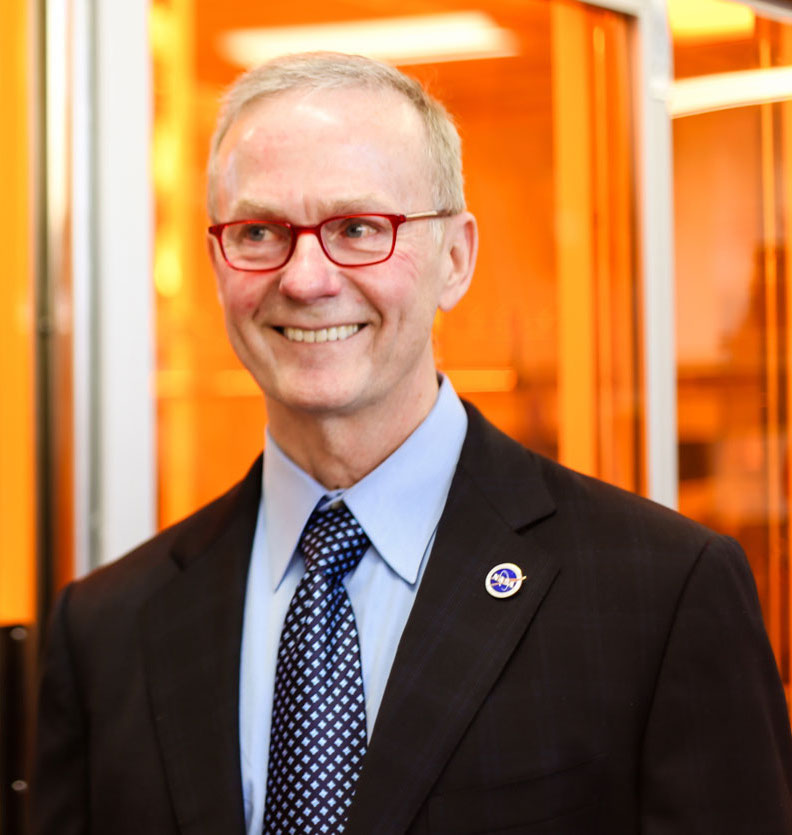
Roger Hunter
Program Manager, Small Spacecraft Technology Program
National Aeronautics and Space Administration
Roger is currently the Program Manager for the Small Spacecraft Technology Program, (SSTP). Roger began his professional career in the Air Force. He attended the Squadron Officer School at the Air Command and Staff College. He also received a BS Degree in Mathematics at the University of Georgia, an MS in Space Operations from the U.S. Air Force Institute of Technology and an MA in Airpower Studies from the Air University Air Command and Staff College. He was a member the United States Air Force from October 1978 until December of 2000. After retiring form the Air Force he spent a few years in Private industry including a position as Site Manager for Boeing in Colorado Springs. He found his way to NASA Ames in 2008. He was the Project Manager for Kepler – A Search for Habitable Planets. When asked about why he left Boeing and returned to public service to manage the Kepler Project he stated, “How many times in one’s life do you get a chance to work on something that can make history […] NO one can say no to that.”
Panel Speakers
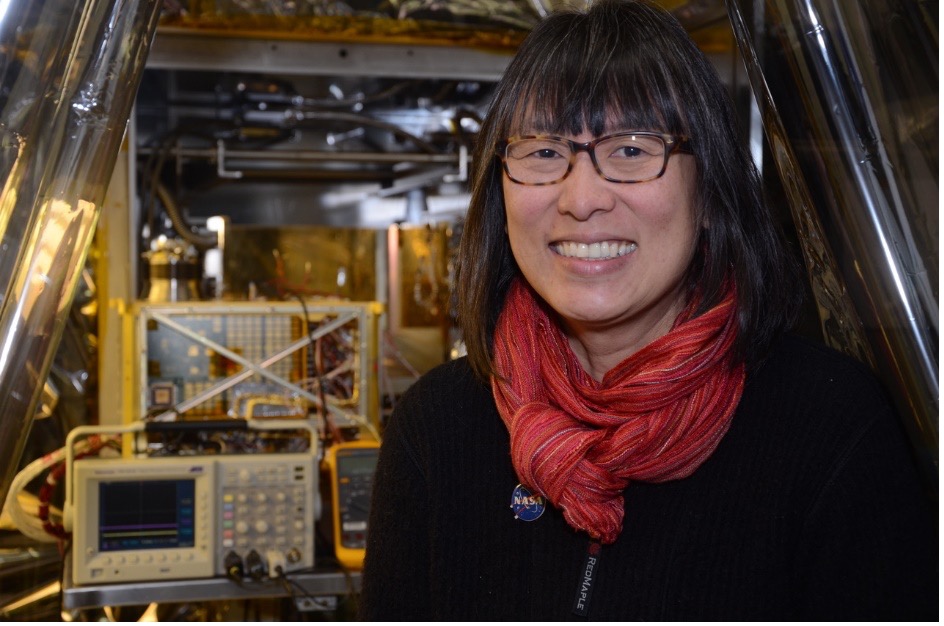
Florence Tan Deputy Chief Technologist, Science Mission Directorate NASA Headquarters Florence Tan is the Deputy Chief Technologist (DCT) for NASA’s Science Mission Directorate at NASA Headquarters. She is also the chair of the Small Spacecraft Coordination Group (SSCG) for NASA. As the DCT, she supports the Chief Technologist to survey and assess technology needs for NASA’s science missions. In her role as SSCG Chair, Florence leads efforts to coordinate and develop NASA’s strategy for small spacecraft in science, exploration missions, and technology activities. Previously she was at Goddard Space Flight center and she worked on missions such as WIND, CASSINI, Huygens, MMS, MSL Curiosity, MAVEN, LADEE, MOMA, and others. She was awarded the NASA Exceptional Achievement Medal, Silver Achievement Medal (Group), RHG Exceptional Achievement Awards for Missions and for Outreach, HQ Honor Award and multiple NASA Team Honor Awards for Missions. She was named to the “2022 Tatler’s Asia’s Most Influential Malaysia List” and was also honored as the University of Maryland School of Engineering Commencement Speaker in 2013. |
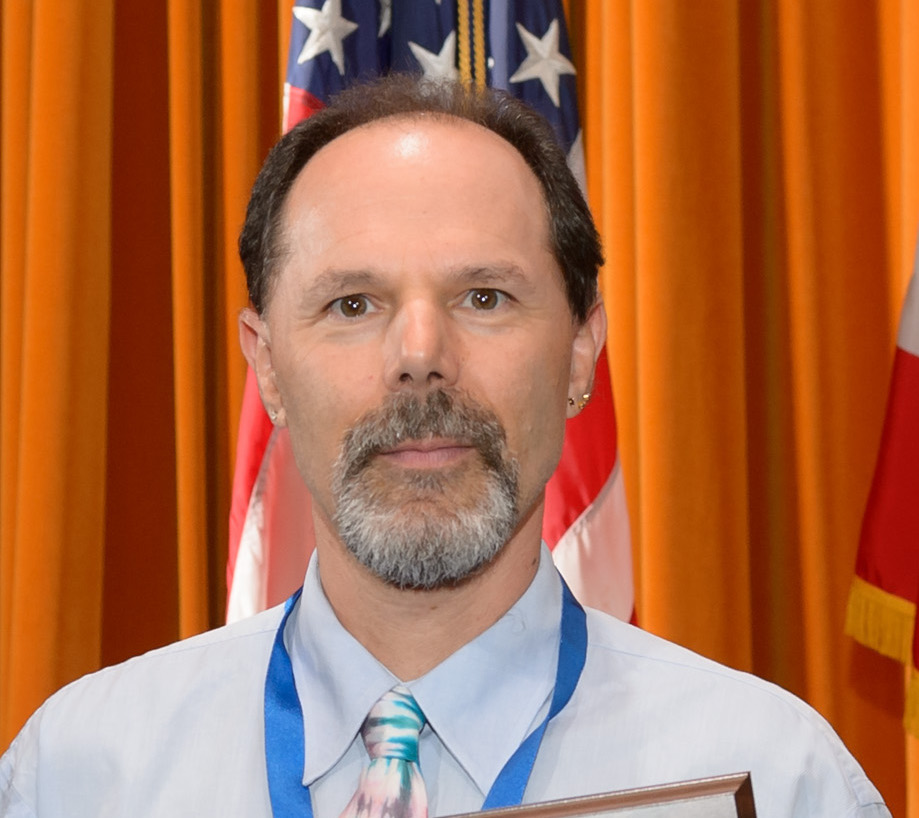
Jeremy Frank Group Lead, Planning and Scheduling Group NASA Ames Research Center Dr. Jeremy Frank is the Group Lead of Planning and Scheduling Group, in the Intelligent Systems Division, at NASA Ames Research Center. He received his Ph. D. from the Department of Computer Science, at the University of California at Davis, in June 1997. He also has a B.A. in Mathematics from Pomona College. Dr. Frank’s work involves the development of automated planning and scheduling systems for use in space mission operations, the integration of technologies for planning, plan execution, and fault detection for space applications, and the development of technology to enable astronauts to autonomously operate spacecraft. Dr. Frank has published over 75 conference papers, 12 journal papers, and three book chapters, and received over 45 NASA awards, including the Exceptional Achievement Medal, the Silver Snoopy, and the NASA Engineering and Safety Center Award. |
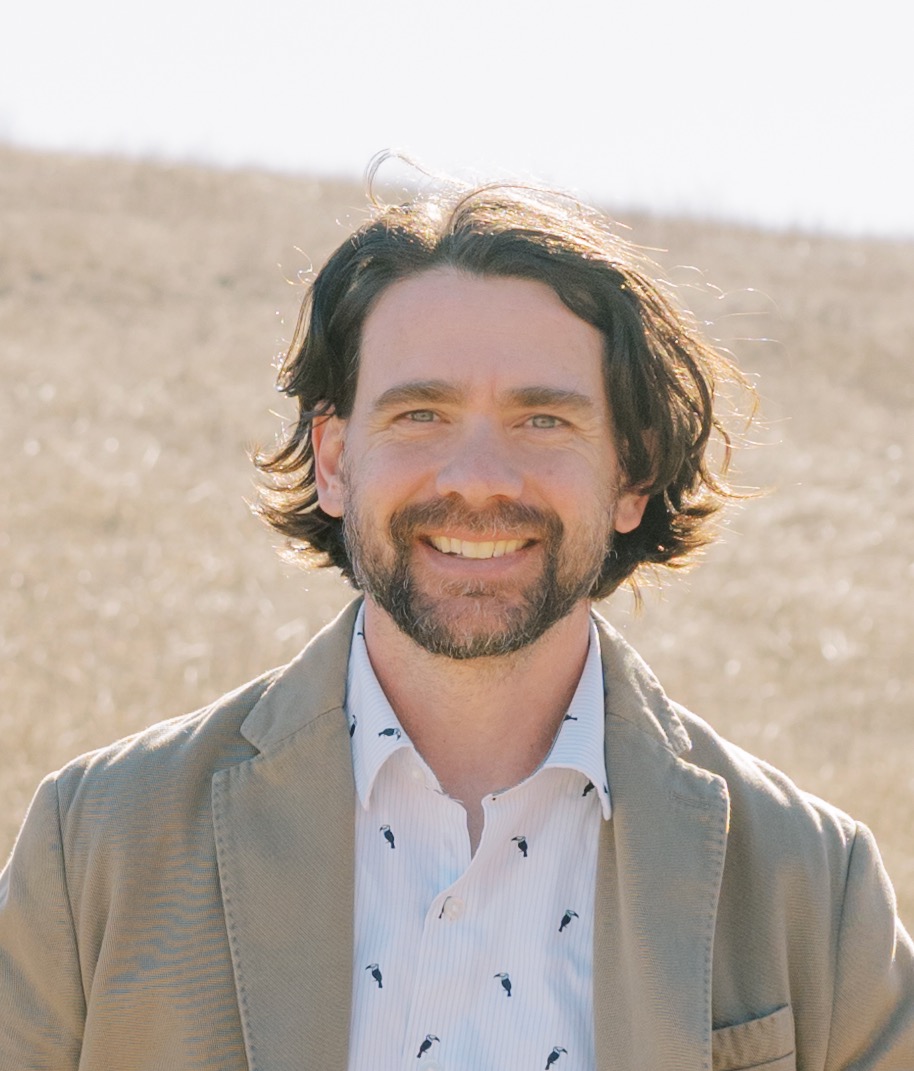
Nate Benz Deputy Project Manager, Starling NASA Ames Research Center Nathan Benz is a distinguished engineer at NASA's Ames Research Center, specializing in Model-Based Systems Engineering (MBSE). His contributions to the LADEE (Lunar Atmosphere and Dust Environment Explorer) mission were pivotal in understanding the Moon's exosphere and dust environment. Benz's expertise in systems engineering helped ensure the successful launch and operation of LADEE, which provided critical data before its planned impact on the lunar surface. More recently, Benz has been instrumental in the Starling mission, which focuses on demonstrating autonomous swarm technologies using small spacecraft. The Starling project involves a cluster of CubeSats operating in low Earth orbit to test technologies for swarm maneuver planning, communications networking, relative navigation, and autonomous coordination. These advancements aim to enable cooperative multi-point science data collection, significantly enhancing the feasibility of distributed spacecraft missions. Benz is currently the deputy Project Manager to the mission extension to Straling, called Starling 1.5, which will demonstrate space traffic coordination between autonomous spacecraft operating in low Earth orbit with different owner-operators. |
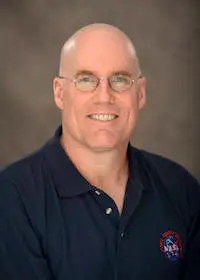
Butler Hine Project Manager, HelioSwarm NASA Ames Research Center Dr. Hine is an active space flight project manager at NASA Ames Research Center. He is currently the Project Manager for the HelioSwarm mission, which will lead to understanding the cascade and dissipation of energy in turbulent magnetized plasmas by using a novel swarm of spacecraft to investigate the physics of turbulence. He was previously the Project Manager for the LADEE mission, a Lunar science orbiter which launched in 2013 and successfully completed its mission in 2014. LADEE measured Lunar dust and examined the Lunar exosphere near its pristine state, prior to future significant human activity. LADEE also tested an optical communications payload from the Moon, which is an important technology enabling high-bandwidth communications links for future planetary missions. Prior to this, Dr. Hine managed the Small Spacecraft Division at NASA ARC, which developed ways to build low-cost, high-performance spacecraft to enable future NASA missions. He has also managed various NASA programs, such as the Robotic Lunar Exploration Program, the Computing, Information, and Communications Technology Program, and the Intelligent Systems Program. His earlier NASA career includes directing the Intelligent Mechanisms Laboratory at NASA Ames Research Center, which pioneered the use of telepresence and virtual reality to control remote science exploration systems. Outside of NASA, Dr. Hine was President and CEO of a software start-up company which developed advanced visualization tools for managing large corporate networks. His background includes work in spacecraft design, flight software and avionics, information systems, radio and optical astronomy, optical instrumentation, machine vision, robotics, and information visualization. His research interests include low-cost spacecraft designs, avionics architectures, embedded systems, space telerobotics, image processing, machine vision, and 3D visualization. |
